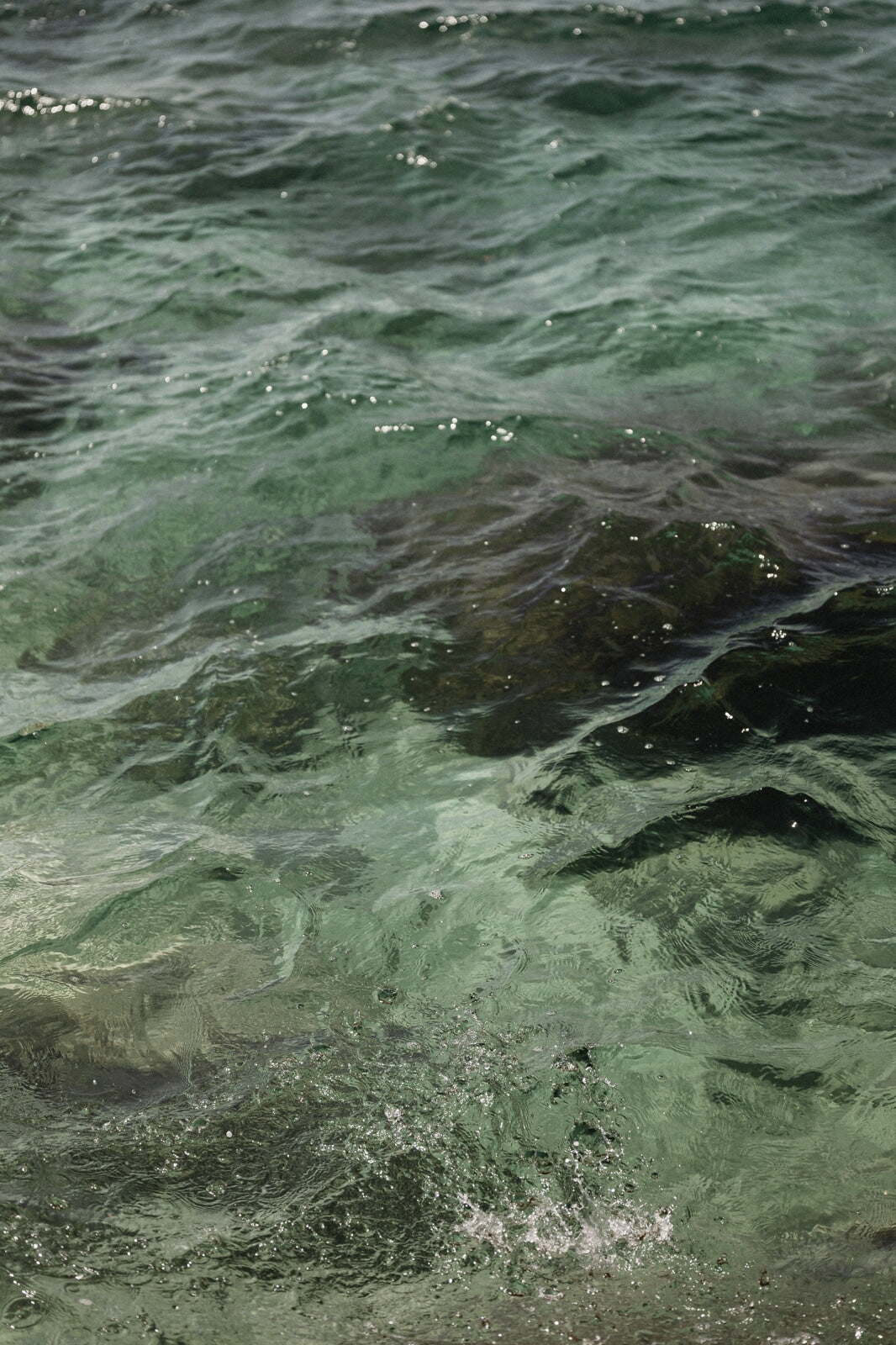
Yes / no - the list

Certified organic
All our ingredients are approved by Ecocert Cosmos Organic. Products with this symbol have committed to meeting strict criteria and are one of the most recognized global symbols for organic cosmetics. The symbol gives you a customer guarantee you can trust.

Vegan and cruelty-free
We believe that no animal should have to suffer or die for a new lipstick or soap. Global brands that carry the PETA symbol guarantee that their products are free from ingredients that come from animals or have been tested on animals. “These companies are truly cruelty-free” – Peta.

100% natural fragrance
The fragrance in our products is extracted naturally from plants, in the form of oils or plant extracts.

Recycled packaging
Recycled packaging means we avoid "use and throw away". The bottle is made from recycled material, can be recycled and reused. Elm Organics also has products in OWP-Ocean waste plastic - this means that for every product we make, the equivalent will be removed from the oceans and beaches.

Refill-Reuse concept
Our products should be easy and environmentally friendly to use. That's why you can refill your 290 ml bottles with 1 liter refills. These are made from 100% recycled packaging. You save the environment and the liter price is advantageous for you as a customer.

Ethically sourced ingredients
A company's commitment to ethically sourced ingredients is one of the most important signs of a sustainable company. It shows that a lot of care and consideration has been put into the process beyond the ingredients themselves, and a willingness to go the extra mile to help ensure sustainability at every stage of production. It also shows that the employees involved are safe and treated fairly.

Made in France
We wanted to find the best expertise for the development of our products. In the heart of France, we found a family business with 30 years of experience in organic cosmetics, and a laboratory manager with 20 years of experience in French cosmetics. Together we have developed Elm Organics.

Biodegradable
Soaps are generally considered biodegradable if bacteria can break them down to at least 90% water, CO2 and organic matter within 6 months. Elm Organics Cotton Flower Hand Soap decomposes 100% within 14 days.

Dermatologically tested
Our dermatological tests are performed at an independent testing institute according to the recognized guidelines of the ICDRG (International Contact Dermatitis Research Group).

SLS/SLES
Both are so-called surfactants that are artificially produced. They are largely made from palm oil, which has a negative environmental impact. Surfactants reduce the surface tension of water and make it easier to create foam. They break down both the protective fat layer and the water barrier. Can dry out skin and hair, and cause irritation.

Silicones
Silicones are a synthetic compound and do not absorb into the skin. They fill pores and fine lines, temporarily smoothing the skin. Behind this layer, bacteria, sebum and other impurities can collect, clogging pores and irritating the skin.

Parabens
Parabens are often used as preservatives in cosmetic products. They can disrupt hormones in the body, damage fertility and reproductive organs, increase the risk of cancer, and cause skin irritation.

Dye
Synthetic dyes can irritate skin and cause hypersensitivity/allergic reactions.

Phthalates
Phthalates are a group of substances consisting of many different substances. Several phthalates are endocrine disruptors and can harm reproductive function.

Mineral oils
Mineral oils are made from byproducts of the oil industry and can clog the skin and inhibit the natural cleansing process. The skin becomes dependent on mineral oils, and becomes dry and sore without them.

Microplastics
Microplastics are manufactured directly in the form of small particles to make medical and cosmetic products. Microplastics are very difficult to degrade and accumulate in the environment, and are virtually impossible to remove once they enter the environment.

PEG
PEGs are chemicals used to help active ingredients absorb into the skin more easily and to provide moisture. The problem is that they can irritate the skin and cause allergic reactions, and in the worst case, cause liver and kidney damage.






